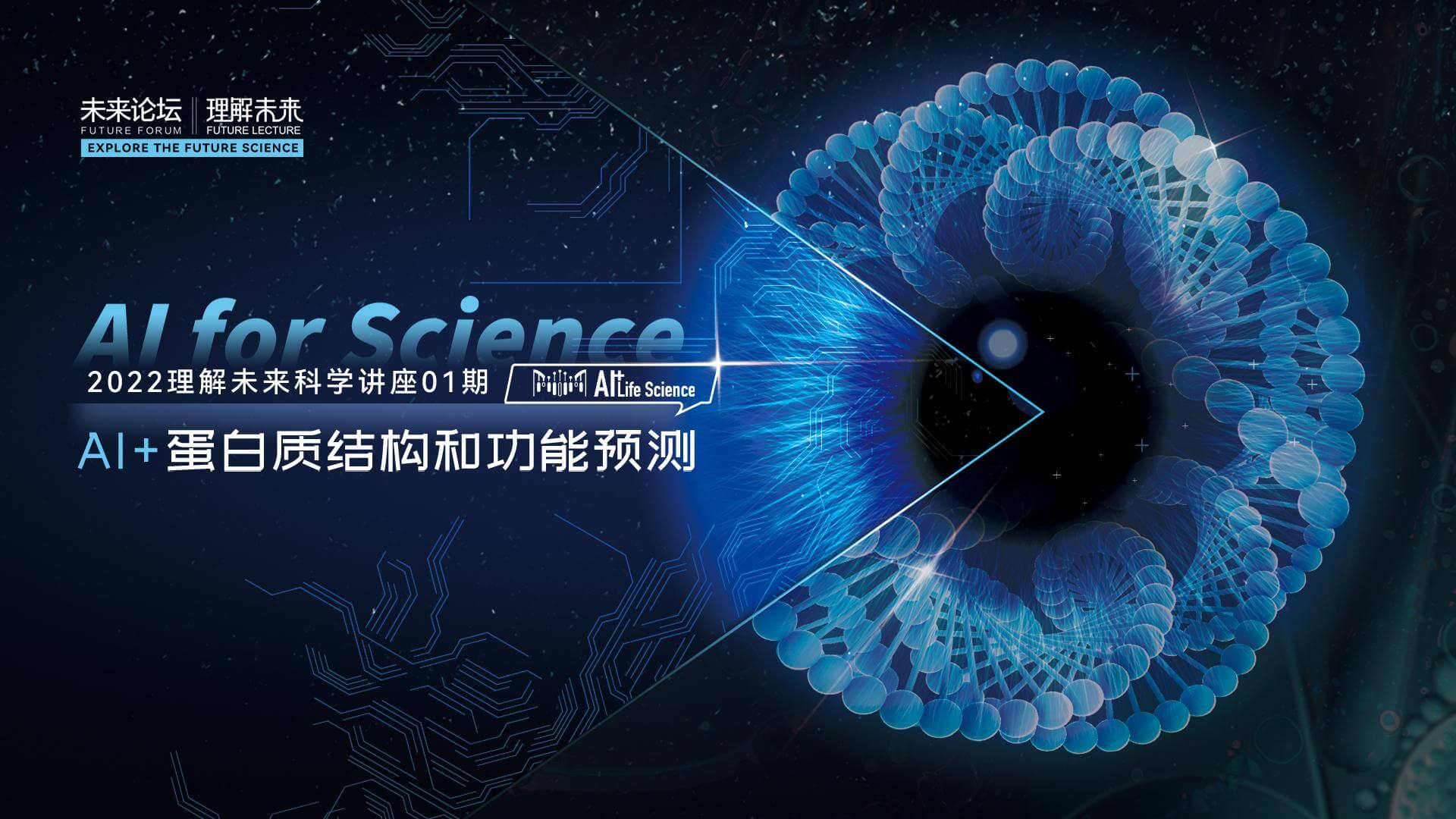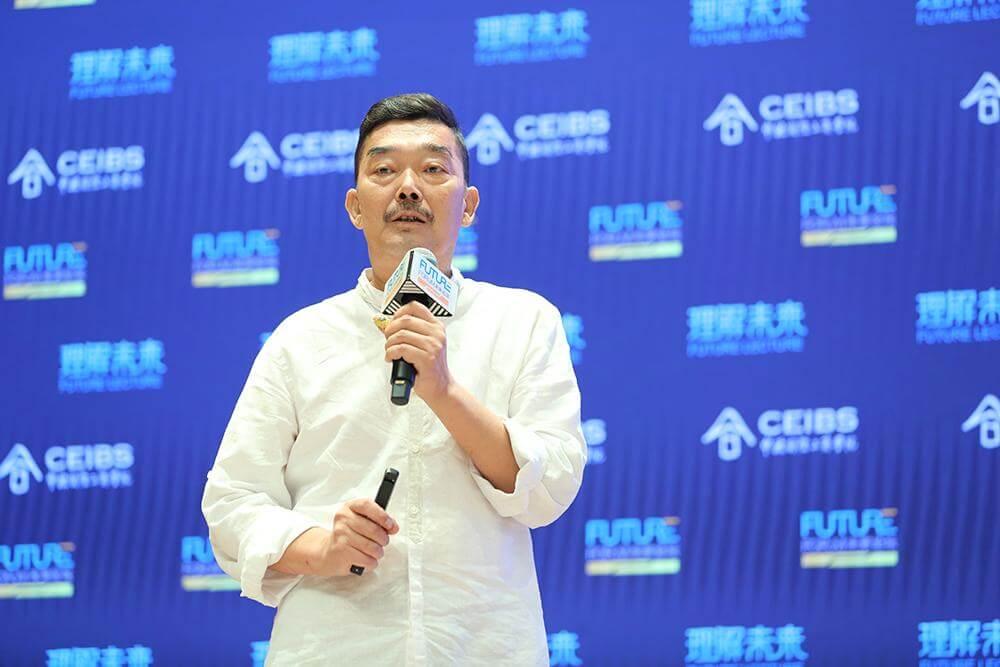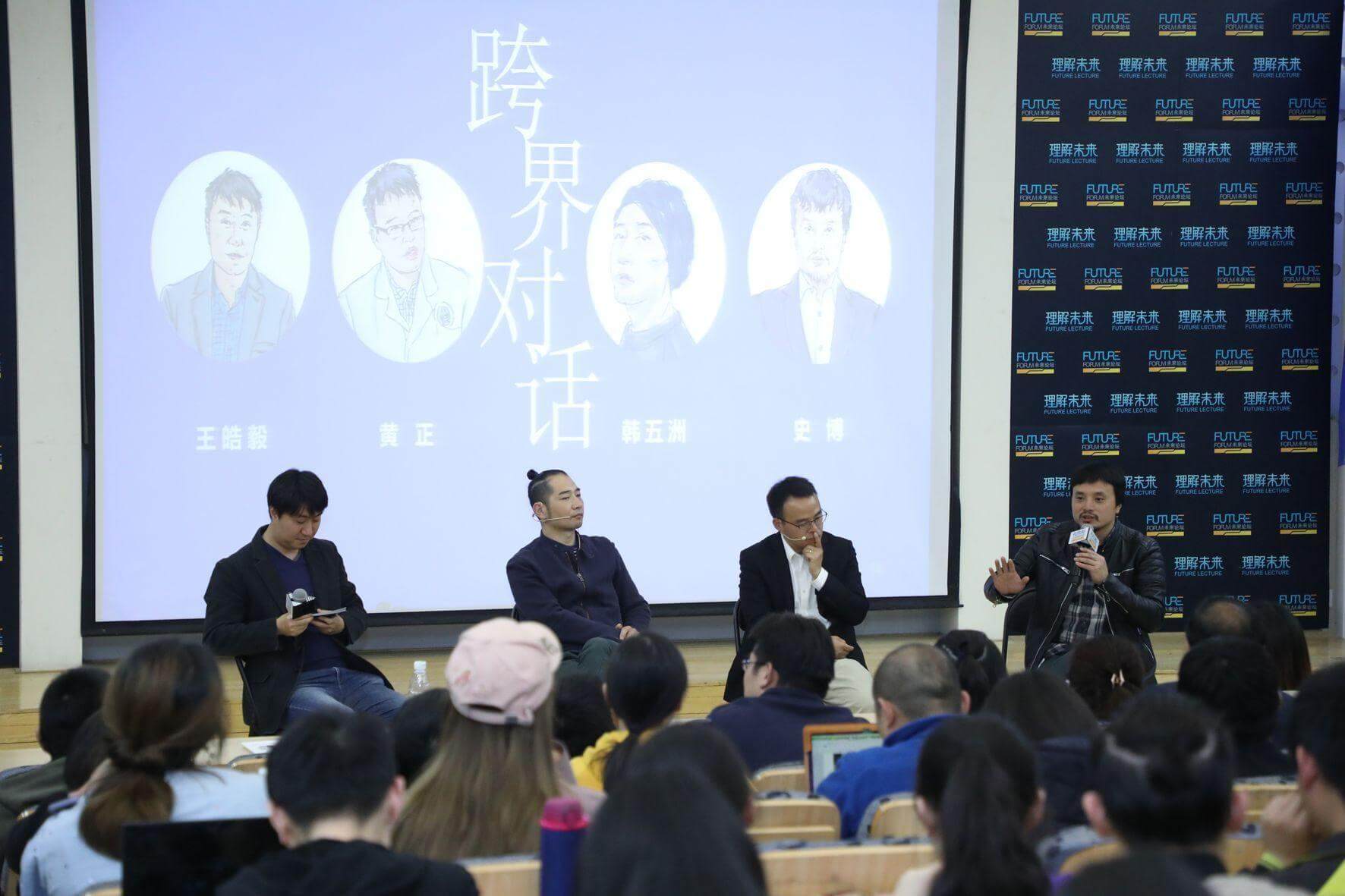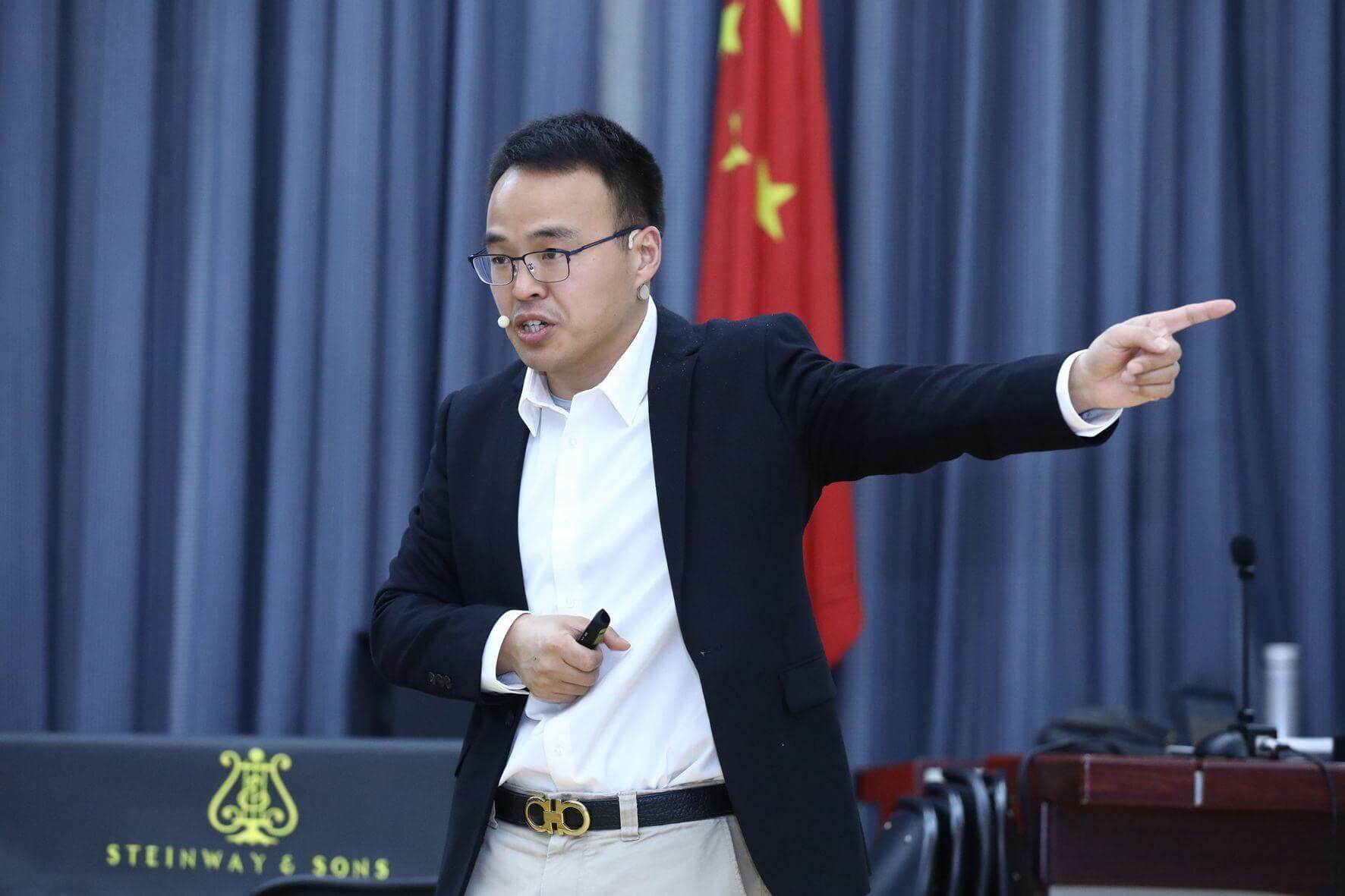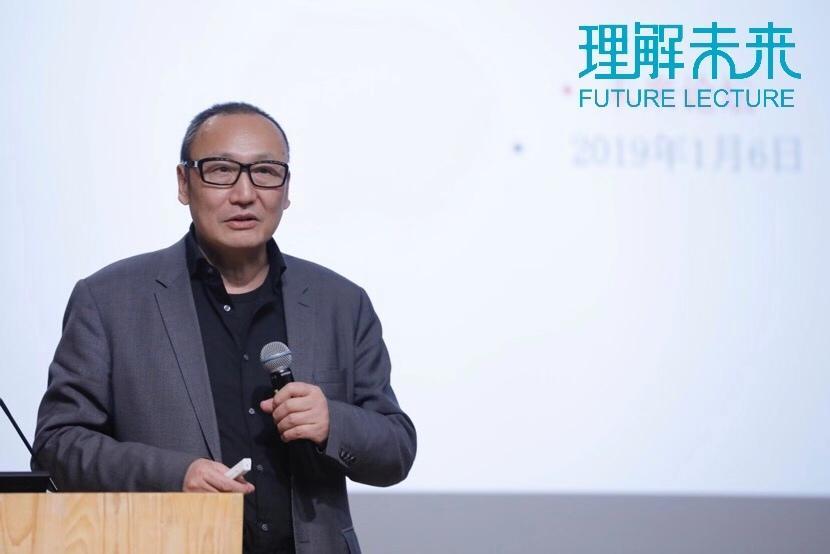Qi Ouyang
Professor of Peking University
Qi Ouyang, Professor of Peking University, member of Chinese Academic Science. Associate director of the School of Physics. Ph.D. at the University of Bordeaux I, France. 1989-1998, post-doc at University of Texas at Austin,research scientist the Institute of Nonlinear Dynamics in Nice, France and at the NEC Research Institute in Princeton, US, respectively. 1989,Professor at Peking University. The main areas of research interesting include nonlinear dynamics, systems biology, synthetic biology and cryo-EM structure biology.
Yu XIE
Professor of Sociology, Princeton University.
Director, Center on Contemporary China, Princeton University.
QianrenVisiting Chair Professor of Peking University.
Director, Center for Social Research, Peking University.
Yu Xie is Bert G. Kerstetter '66 University Professor of Sociology and Princeton Institute for International and Regional Studies, director of Center on Contemporary China of Princeton University,Qianren Visiting Chair Professor and director of Center for Social Research of Peking University. He is a member of the American Academy of Arts and Sciences, Academia Sinica and the National Academy of Sciences. His main areas of interest are social stratification, methods and statistics, demography, sociology of science and Chinese studies. His recently published works include Regression Analysis, Sociological Methodology and Quantitative Research, Statistical Methods for Categorical Data Analysis, Women in Science: Career Processes and Outcomes, Marriage and Cohabitation and Is American Science in Decline. In recent years, he has devoted himself in promoting empirical social research and methodology in China.


